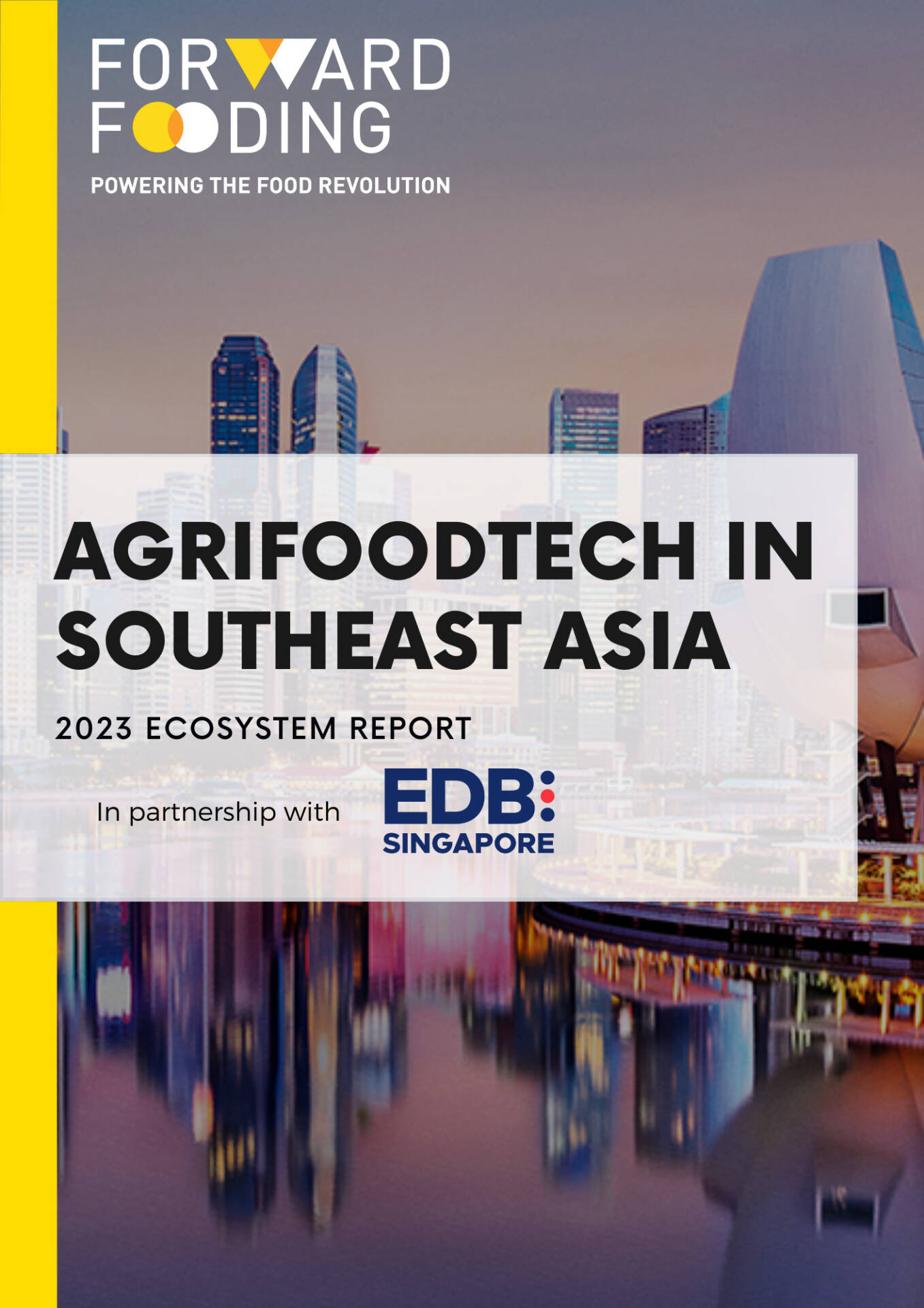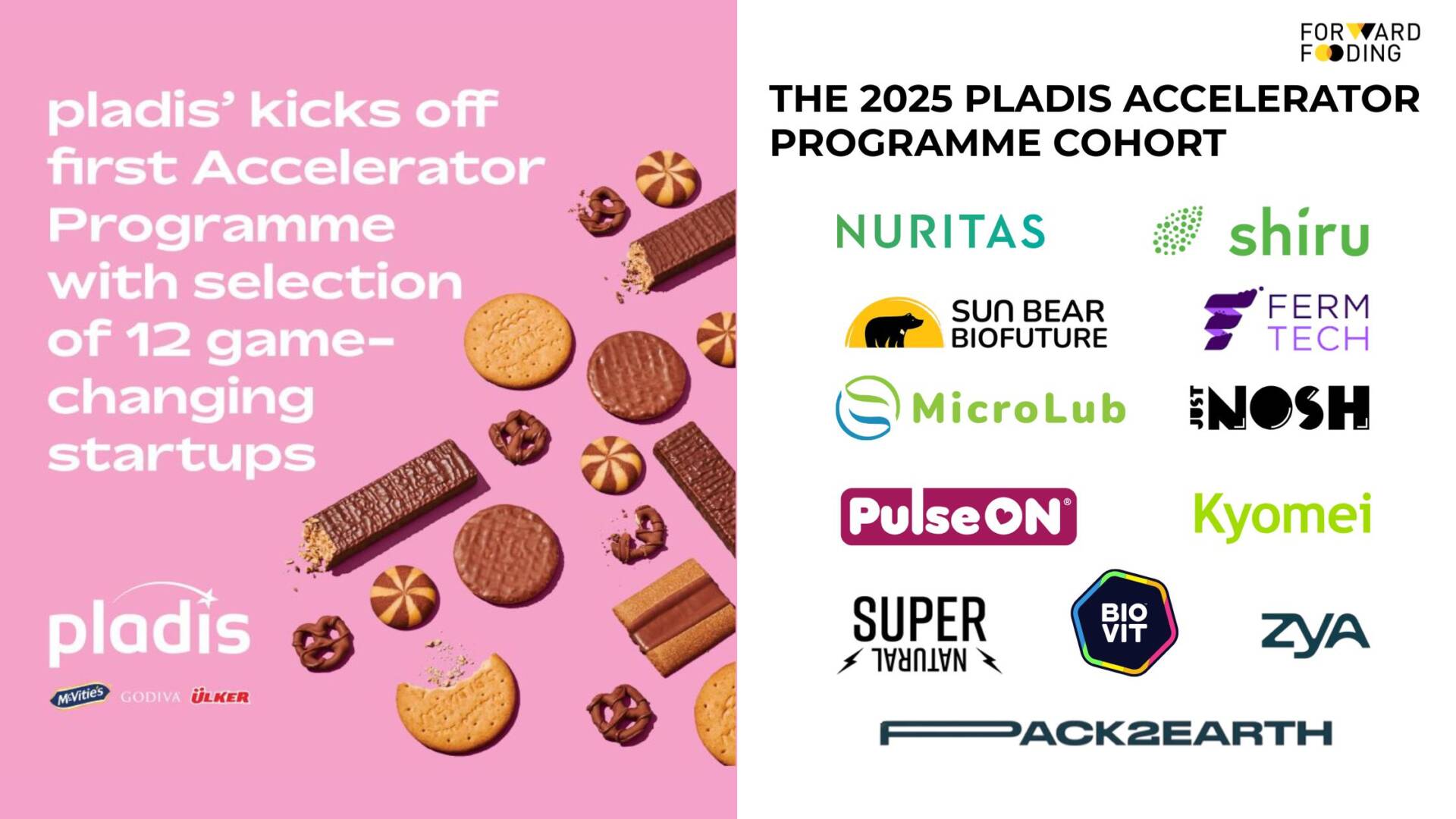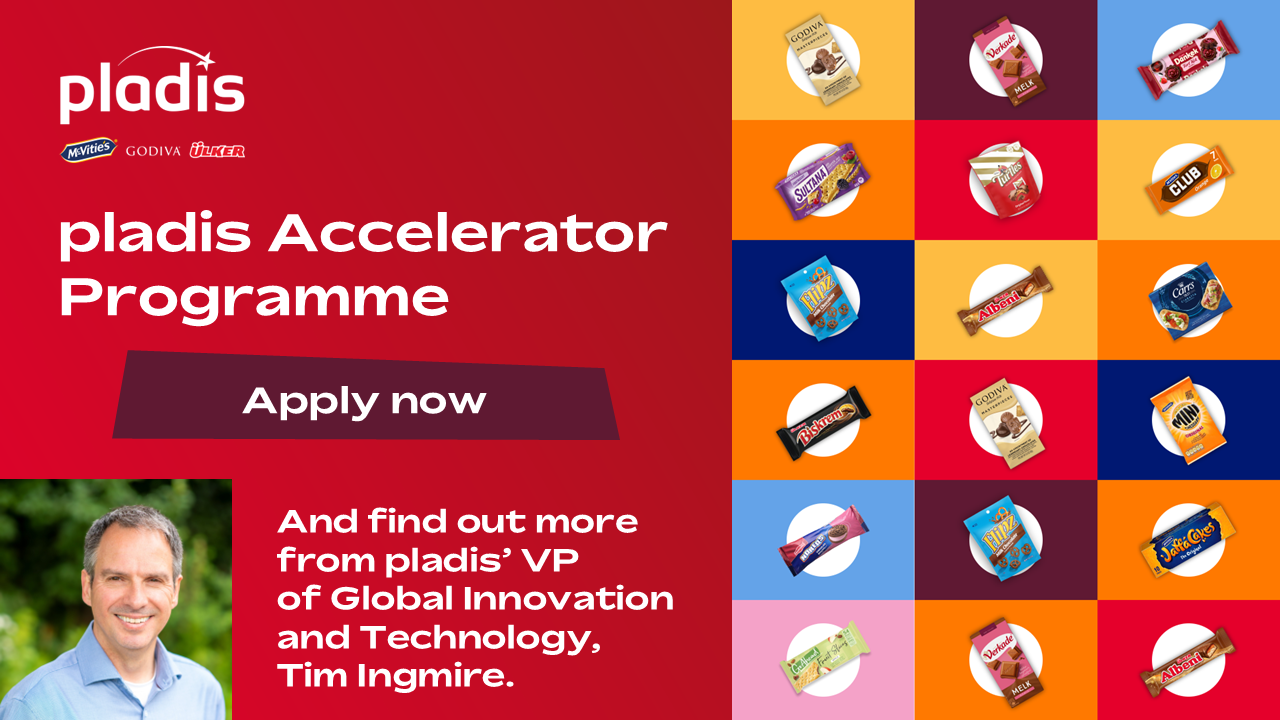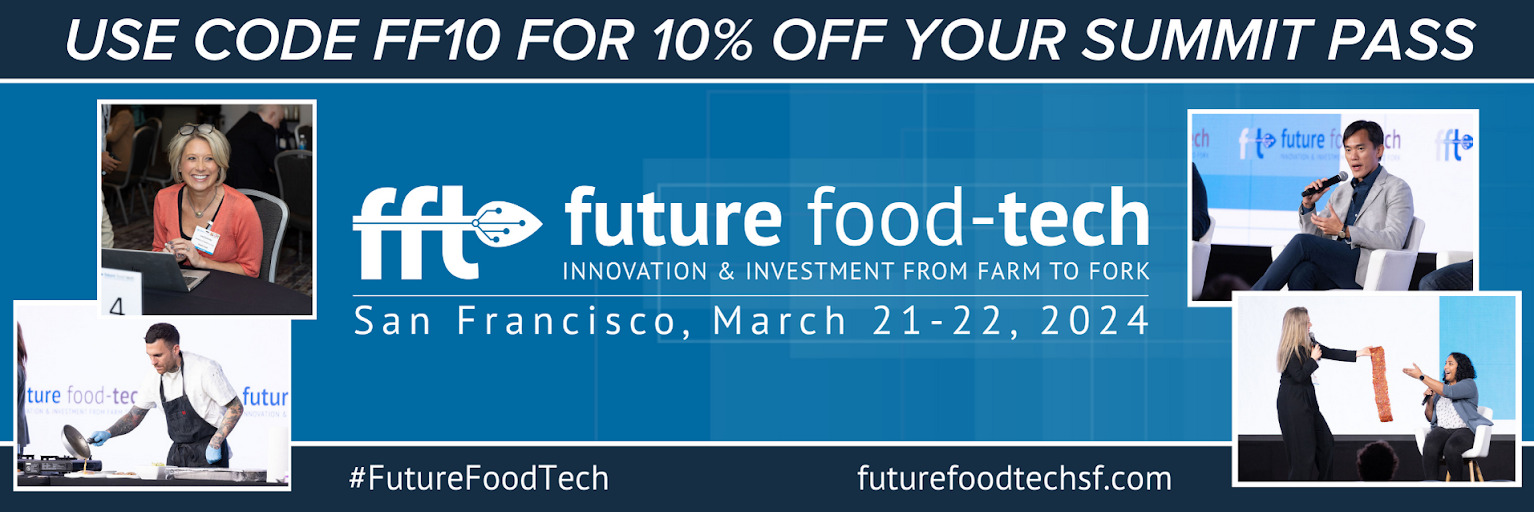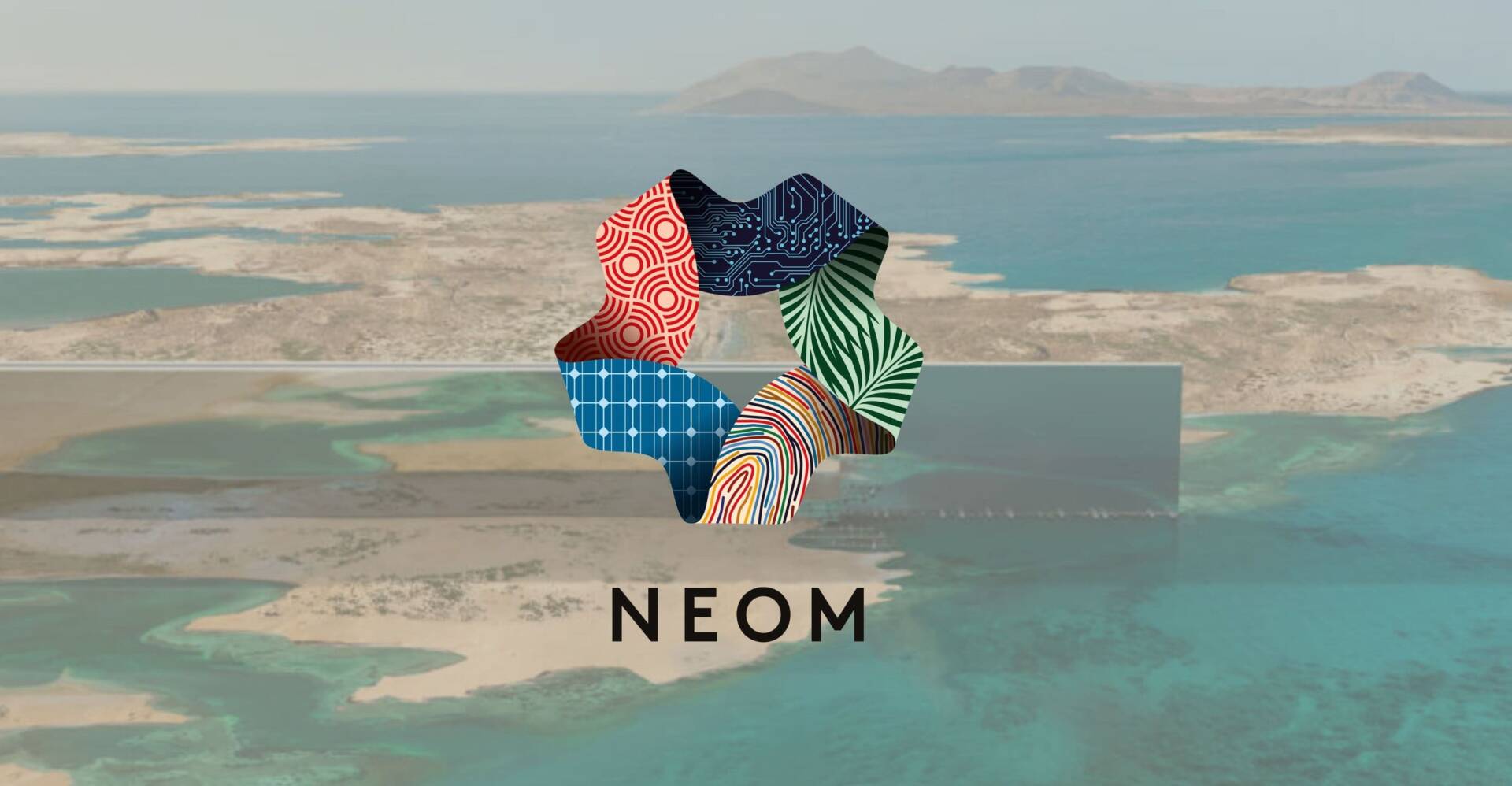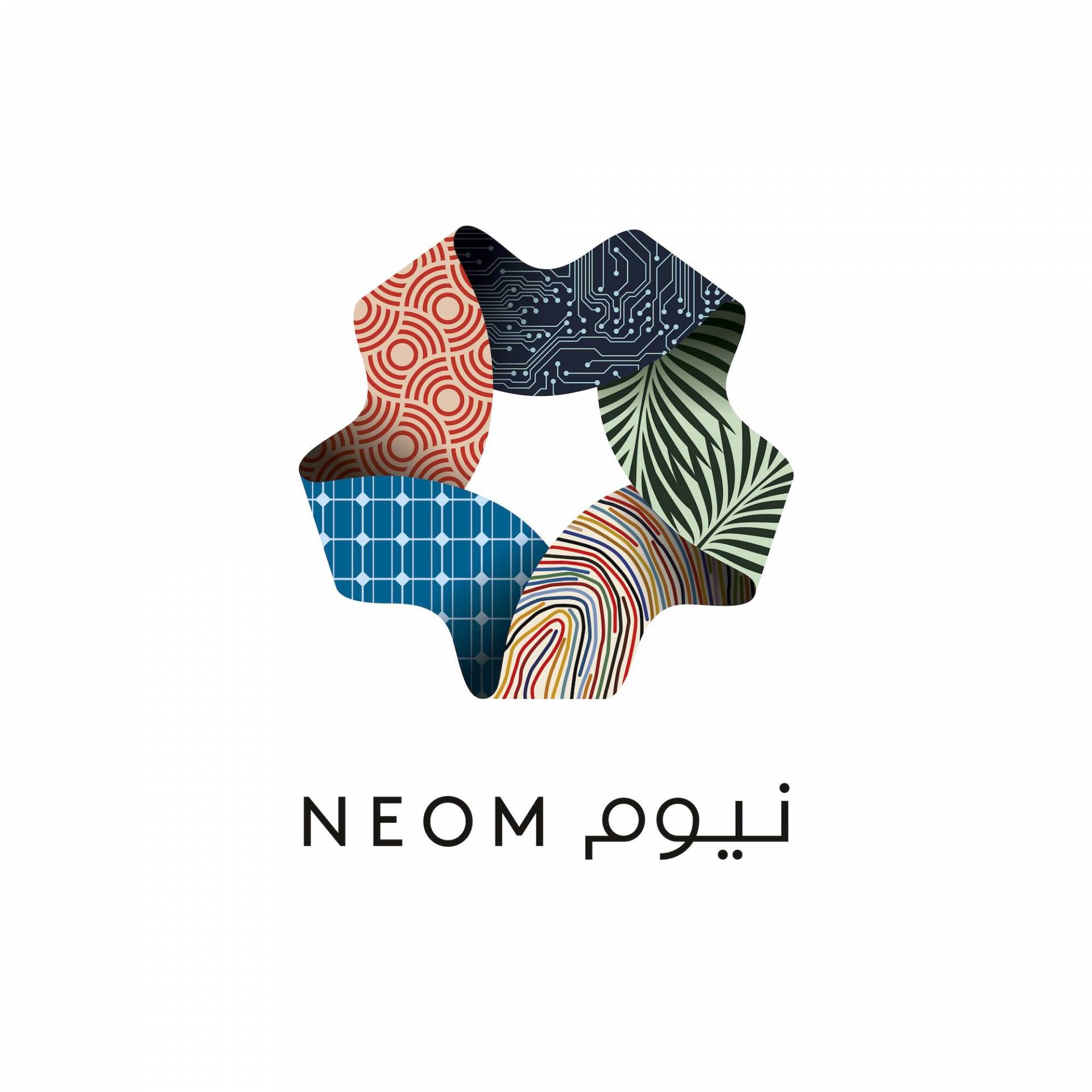FORWARD FOODING
THE BLOG
Unwrapping Consumer Neuroscience with Thimus
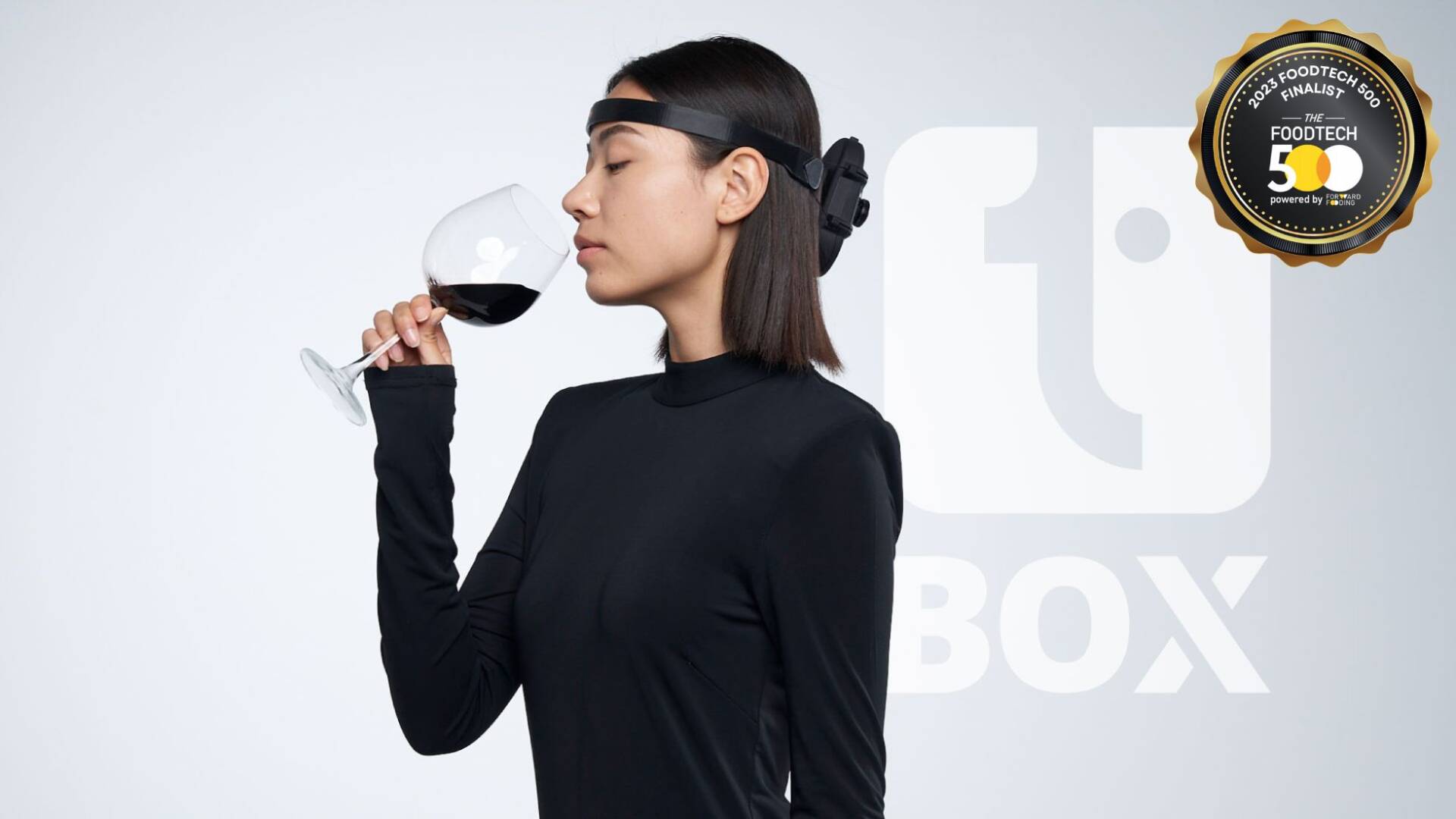
Mario Ubiali found meaning in the startup he built, Thimus—a voice telling the world that the future of food has to be rooted in human values, identity, culture, and emotion. With the use of neuroscience, the complex aspect of food consumption is now quantifiable and repeatable.
As humans, we have a complex relationship and interactions with food but we pay very little attention to it – our identity, environment, tradition, culture, nostalgia, and so much more. The French lawyer and food writer Jean Anthelme Brillat-Savarin said in his book, The Physiology of Taste or Meditations on Transcendental Gastronomy, “The pleasure of eating is one we share with animals; it depends solely on hunger and on what is needed to satisfy it. The pleasure of the table are known only to the human race.” Today, with modern technology and breakthroughs in neuroscience, we are only beginning to understand what really happens inside our brains when we eat or why we make certain food choices.
We sat down with Mario Ubiali, founder of Thimus, a FoodTech startup that measures the emotions and cognitive processes related to human food consumption and one of the finalists for this year’s FoodTech 500.
The complex nature of the human brain is being reshaped
While it took millions of years for the human brain to evolve and develop the complex cognitive abilities we have today, Mario argues that capitalism is altering human biology. One of the key things that they have learned is that there is a narrowing of the taste bandwidth that has been observed in many consumers who are accustomed to consuming mass-produced food.
“What we’re observing is that there is a narrow bandwidth where what used to be differentiation based on cultural geography has been pushed all into the same mould. And it’s very interesting and challenging to observe or predict rather, how different communities will react to food because it’s now a very chaotic combination of existing food traditions and cultures, and the input coming from us to find food. And I think this makes our technology even more useful, because any predictive generalistic model would kind of crash against the bedrock of this complication.”
The challenge for Mario Ubiali and his team is how a technology like theirs that measures biological and neurophysiological response to food can actually help the industry rewire consumers for what’s been wired in a bad way (e.g., the diabetes health pandemic) to the right, healthier direction.
This interview has been edited for clarity and concision.
Forward Fooding: How would you explain your job to someone outside FoodTech?
Mario Ubiali: I usually try to explain it like I usually discuss it with my son. I just go very simple. I tell them that my job is to bring out there to anyone in the food space a technology that will help them understand what people go through when they eat. So, I try to explain my job as a person who has created a company whose sole purpose is to actually make sure we better understand the emotions and what people go through and feel as a process when they have food or beverage products.

Thimus Founder and CEO, Mario Ubiali
FF: And what reaction do you usually get when you give them that answer?
Mario: Most of the time, I would say incredulity. I think we live in an age in which I mean, it’s an age full of paradoxes. And a lot of people find it easier to believe that some influencer on YouTube can actually talk to aliens. But when you tell them that there is a science that is helping us better understand, quantify, and measure brain response to food, a lot of the people that I talked to, including top professionals in the food space, are kind of taken aback, and they say, “Come on, you’re joking, right?” And you say no, I’m not. And then you give them examples, you show them the technology, you tell them the story. So, for those corporates already using this technology, it dawns on them. That is, it’s actually here, and it really works.
FF: What inspired you to found Thimus, and what is the core mission driving your company’s approach to innovation leveraging neuroscience?
Mario: To be honest, I invested in Thimus after a successful exit in another sector and had no precise idea of what was expecting. All I knew was that it sounded fascinating and somewhat challenging, two things I love about enterprises. Then, during the pandemic, I truly found the meaning of Thimus: a voice to tell globally that the future of food has to be rooted in human values, identity, culture, and emotion. We leverage neuroscience to be able to say: look, you can observe the emotional component of food consumption, so you have no excuses to leave it out of the equation!
I am inspired by the fact that our angle on it coming from neuroscience is very human-centric. It’s very much about better understanding and sharing their understanding with others in the space about what exactly is it that moves people to have certain behaviours, certain habits, because if we don’t change behaviour and habits, obviously, nothing else is going to change in the food system as a result of that. Even though, of course, I wish the solution was that simple. But let’s say that behaviour, and habits are a big, big part of the equation. And one that is the least explored. We know a lot about process technology, ingredients, agriculture, sustainability, ecosystems, distribution, retail, and then there is the central element in the whole architecture, which is the human being, and inside the human being, you have the brain. And inside the brain, you have this black box for most people. What exactly is happening there in terms of motivation and drivers? It’s not that easy to grasp. And I think that’s that’s what really motivates us to to shine a light on that aspect.
FF: What do food companies often get wrong in the importance of understanding and capturing the emotions we as humans associate with food?
Mario: I think companies are often very simplistic. It’s their nature, and I don’t blame them: They love easy answers. What they get wrong is that food emotion is very much connected to culture, memory, and nostalgia. They tend to think emotion is just pleasure, which is an important component but not the most important. It is one essential element, but it needs to be paired with comfort, identity, sharing, convenience, etc.

Thimus T-Box technology
FF: Your technology using neuroscience started out with good intentions, trying to understand the human emotion behind eating. However, it could be leveraged to create addiction and just sell more food that could contribute to obesity and all of these issues. What’s your take on that?
Mario: I think there are different layers to the answer. The first layer is that corporates do know about elements that are addictive, or they do know already quite a bit that I’m not going to add much to that knowledge in terms of bad intentions. And I also know from working with a lot of large corporates that the truth is usually more nuanced than that. The system, as a whole, has a lot of stuff that is going on that we don’t like and I don’t like. But it’s very much “a lot of gray and not a lot of black and white.”
I believe that what we’re trying to do in providing access to this kind of data is very transparent in the motivation and the philosophy. I also believe that if we want to stand the chance of educating corporates about the expectations of humans, we probably want to run the risk of making the technology available out there. In other words, in the reality of the food system, if I were to select users of my technology within the community of the “pure of heart”, A) my company would have gone bankrupt probably three years ago; B) How can I decide that? Because that’s the other thing, I cannot put myself on a moral high ground. On what basis? Can I really say that a plant-based company based in some place in the world is morally better than another? It’s a really risky business.
I get a lot of these questions when they know that I work for big corporates, global ones that have been in the business for a long time. The truth is, how do you make an impact on the food system? Do you try to change incrementally and fractionally those who really affect millions of people? Or do you go 100%, fewer of heart, but essentially touch a much smaller amount of people? As a company, we’re trying to do both. It’s not that we make choices that are based on “this is going to be better or worse.” We try to make choices that are connected with making it available, explaining the potential and why we want companies to use this, and helping them understand and communicate what kind of data they collect.
FF: Tell us about your Netflix feature. What was the journey like from ideation to finally seeing it on screen? And what’s the biggest takeaway that you’d like viewers to remember?
Mario: Being on Netflix for me is still a fairly surreal experience. You don’t choose to be on it. The director and his team investigate, and then they contact you and ask you to be on. They are not very open and explicit about the general design, so you tend to feel a little bit in a box… not sure of how you will be portrayed. After many online meetings, we ended up scheduling two sessions of filming. And we filmed for a total of two full days… although our portion was finally two minutes. But you accept that this is the process, and we celebrate being so visible globally.
There are many things I wish for viewers to take away, but I think the most important is that we don’t just eat for rational reasons. So, if we want people to embrace sustainable habits, we might have to look at product development in a completely different light. It’s not enough to have the claim that it saves the World: if it doesn’t click with people, it will never work.
FF: Could you explain further how do you work with the industry and food manufacturers?
Mario: Our engagement model is quite simple. If you want us to help you develop and test a product, you can ask us to provide a service. We provide services in many locations globally: Europe, the UK, Canada, the United States, Mexico, the Middle East, and Singapore. Companies contact us with their needs, we guide them in designing the best testing approach (or product dev effort) and we assist them every step of the way. I love this model, but it’s not very scalable, so we prefer to also go in the other direction.
The second direction, the scalable one, is licensing our T-Box platform. It’s also easy to explain: a company would sign a licensing agreement for one or more years. They would get all they need to be completely independent in running sensory neuroscience testing, survey administering, and eye tracking analysis. We would get them the hardware, full access to cloud-based software, training, remote and in-person support, and customisation.
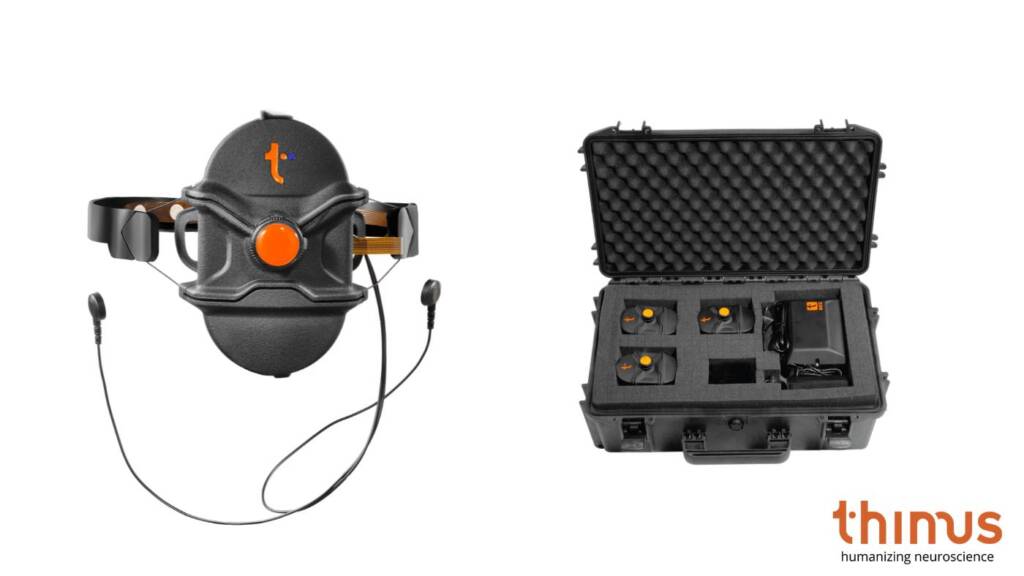
Image courtesy of Thimus
FF: Do you work with choice architecture or behavioural economics projects? Do you see your company engaging with these projects that could probably shape policy-making in the food system?
Mario: I wish we could only do that. So my dream for my company is that maybe one day we will be powerful enough, established enough, or have the right partners, and we can just focus on having all in that kind of direction. So far, we’ve done a few projects, especially with academic partners that were very interested, for example, three years ago, we did an early study with the University of California at Berkeley, with the ultimate love, on reasons why vegans become vegans in North America, and especially they remain vegans in very hard places, you know, in those places where it’s not fashionable to be vegan, or where your family is completely against that kind of direction. And so that was a way for us to work on motivation, why how people change their habits, how they stay with different habits.
Recently, we’ve done work here in Italy, with the Catholic University of Milan, that is they have a special unit that is working on the psychology of consumption and nudging people to healthy behaviour to prevent, especially in young people young, all those bad habits, certain kinds of snacking and so forth. So there’s definitely an application of up for our technology to support observation of reward mechanisms, and how the brain is kind of drawn to the rewarding aspects of food.
FF: Are there a few things that can help us strike a balance between changing our diets in the light of climate change while still keeping a part of our identity?
Mario: I’m gonna give you the straight-on answer. The number one answer that I insist a lot on is cooking. Everybody’s talking about convenience and price, and we have such busy lives. I’m worried that we live in countries and cultures that are compressing and pushing out the art of transforming food out of our lives. Anyone who is familiar with cooking has a sense of season, a sense of waste, and a sense of the time, love, and meaning that goes into making food, even just for yourself.
I’m part of an academic group of study based in the United States called “Teaspoon of Love.” We’re studying together with academics, came together voluntarily, and collected philanthropic money to do pro bono studies on this. If you cook with the meaning to yourself or somebody else, the perception that you’re going to have that food is going to cement and wire you on a very positive constructive mechanism. So, for me, we should put more effort into encouraging everyone at every age and at every level of life to cook and cook and cook and cook and go out and buy the ingredients. Get a sense of how you go from from from a cabbage to a plate.
FF: Could you share any projects or initiatives that you are particularly excited about?
Mario: The one I’m really VERY excited about is House of Humans. It’s an initiative that I have ideated and launched in January of 2024, and we’re launching in the summer, a distribution franchise in format for our services or other services based on our technologies. The idea was simple: how can I create an international network of places where our T-Box technology would be accessible to all players in F&B? Not just the large corporates who are organised to use my platform, but the players who might need it but don’t know how to manage the license. And so I created this format: I started looking for like-minded people around the world who would embrace the idea that the next generation of food products would need to be created in a human-centric way. Scalable sensory neuroscience would be the backbone. It’s an initiative where any partner in the world who’s in the food sort of space for innovation and new services can come to us and become a partner for the country. And there they’re going to receive our support and the branding of House of Humans, and they can open their own House of Humans in their own city and use our technology to provide services to corporates and startups locally.
Only four months after floating this almost random concept, I have already confirmed summer openings of House of Humans in Valencia (Spain), Milan (Italy), and Wageningen (The Netherlands). We’re also talking to Sweden, Hungary, Canada, and the USA.
Maybe even this platform with you is a good opportunity to reach out and say: do you want to be our partner somewhere in the world? Open your own House of Humans? Contact me!
FF: What’s the biggest challenge in your business?
Mario: Incredulity. Companies, or rather real humans in companies, need to understand. They need to know. Even now, when I demo our technology, there’s a very, very strong WOW effect. Because people could not believe you can actually digitise brain response to food and have KPIs for emotional and cognitive mental states. But you can! And it’s validated and scientifically proven. So my job right now is a lot about evangelisation and dissemination.
FF: What is your biggest ask for the community, the industry that could either help you with your mission or your business?
Mario: I think it’s just about time that we actually rebuild communities, and one of the ways of rebuilding is that we come together or to some sort of action. So for me, the ask I would have is please come to us. I think we have a wonderful tool, I think these tools can be very, very impactful. And we’re very open to even looking at angles we’ve never considered. Maybe we could make it work in a good, positive, and constructive direction. There is good coming from doing good.
There is still so much to discover about how the human brain works in relation to food. Understanding it could help steer us to make healthier and better choices. Mario has been saying this everywhere he goes: Do not wonder why humans are not able to change their habits. The brain is not rational. If you’re not giving them new food habits that are shrouded in meaning and identity for them, it will not work. The narrative that eating certain foods will save the planet is insufficient. The challenge is to offer a more compelling narrative for humans not only to build better food habits but ultimately to embrace a food identity that positively impacts the food system as a whole.
To learn more about the 2023 FoodTech 500 ranking and global FoodTech ecosystem insights, visit forwardfooding.com/foodtech500.
Are you an AgriFoodTech startup? Early Applications for the 2024 Edition of the FoodTech 500 is now OPEN.
Forward Fooding is the world’s first collaborative platform for the Food & Beverage industry via FoodTech Data Intelligence and Corporate-Startup Collaboration – Learn more about our Consultancy and Scouting Services and our Startup Network.
Follow us
Sponsored Articles
9 July 2025
Forward Fooding celebrates the selection of 12 pioneering startups for the inaugural pladis Accelerator Programme. From water lily popcorn to sugar-converting enzymes, these innovations represent the future of snacking, addressing obesity, sustainability, and personalized nutrition through cutting-edge food technology.
21 March 2025
Tim Ingmire, VP of Global Innovation & Technology at pladis, discusses how the snacking giant is supporting early-stage startups in foodtech, health, and sustainability through their accelerator program. Learn about their focus on personalized nutrition, functional foods, and future ingredients to bring innovative, delicious products to consumers worldwide.
8 February 2024
Future Food-Tech returns to San Francisco on March 21-22 Over 1,700 food-tech leaders, from CPG brands, retailers, ingredient providers, [...]
1 February 2023
The 4th edition of FoodTech 500 is taking off and we are excited to partner with NEOM for the third consecutive year to support the best international AgriFoodTech entrepreneurs.
10 February 2022
One of the elements we enjoy the most here at Forward Fooding about working with AgriFoodTech startups is being [...]
